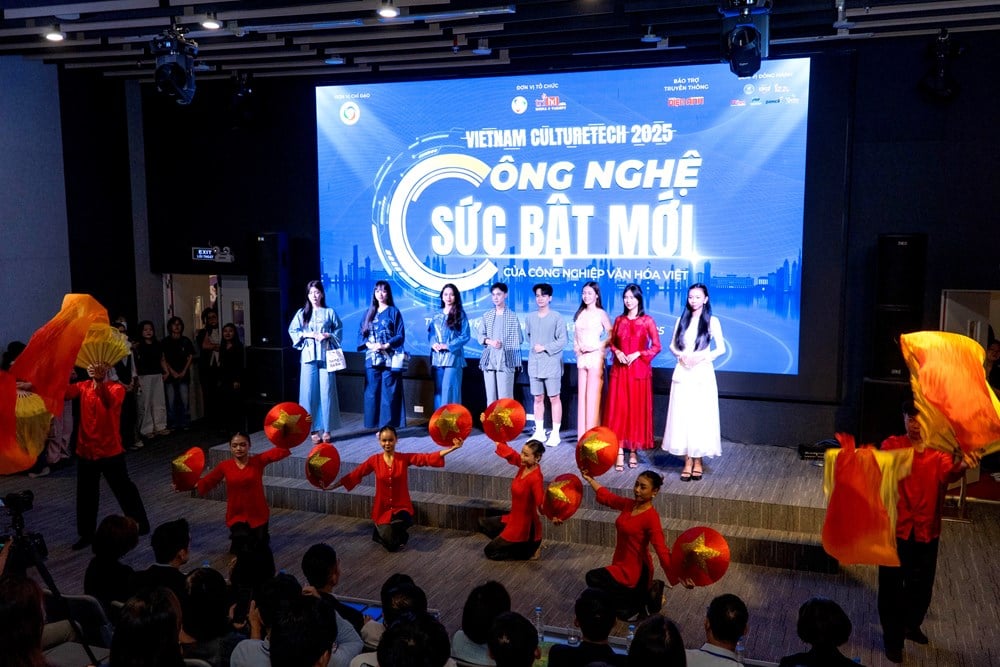
Investment perspective: Cultural - technological startups and the "window of opportunity" in Vietnam
Taking place in Ho Chi Minh City with the coordination of SIHUB and TRIHD ASIA Media Company, the event attracted policy makers, investors, technology enterprises, creative startups, artists and cultural training institutes and schools.
The event accurately reflects the "movement" of the new generation of IT ecosystem: Multi-disciplinary, dynamic and ready to enter global competition.
Today, technology is seen as a factor reshaping the way cultural value is created, distributed and commercialized.
Right from the opening session, Ms. Nguyen Thi Kim Hue, Deputy Director of the Department of Science and Technology of Ho Chi Minh City, emphasized the role of science and technology as an infrastructure platform, not only supporting but also paving the way for the development of cultural industry.
In an era where data is a resource, algorithms are production tools, and digital platforms are “market gateways,” the cultural industry cannot sustain its traditional operating model.
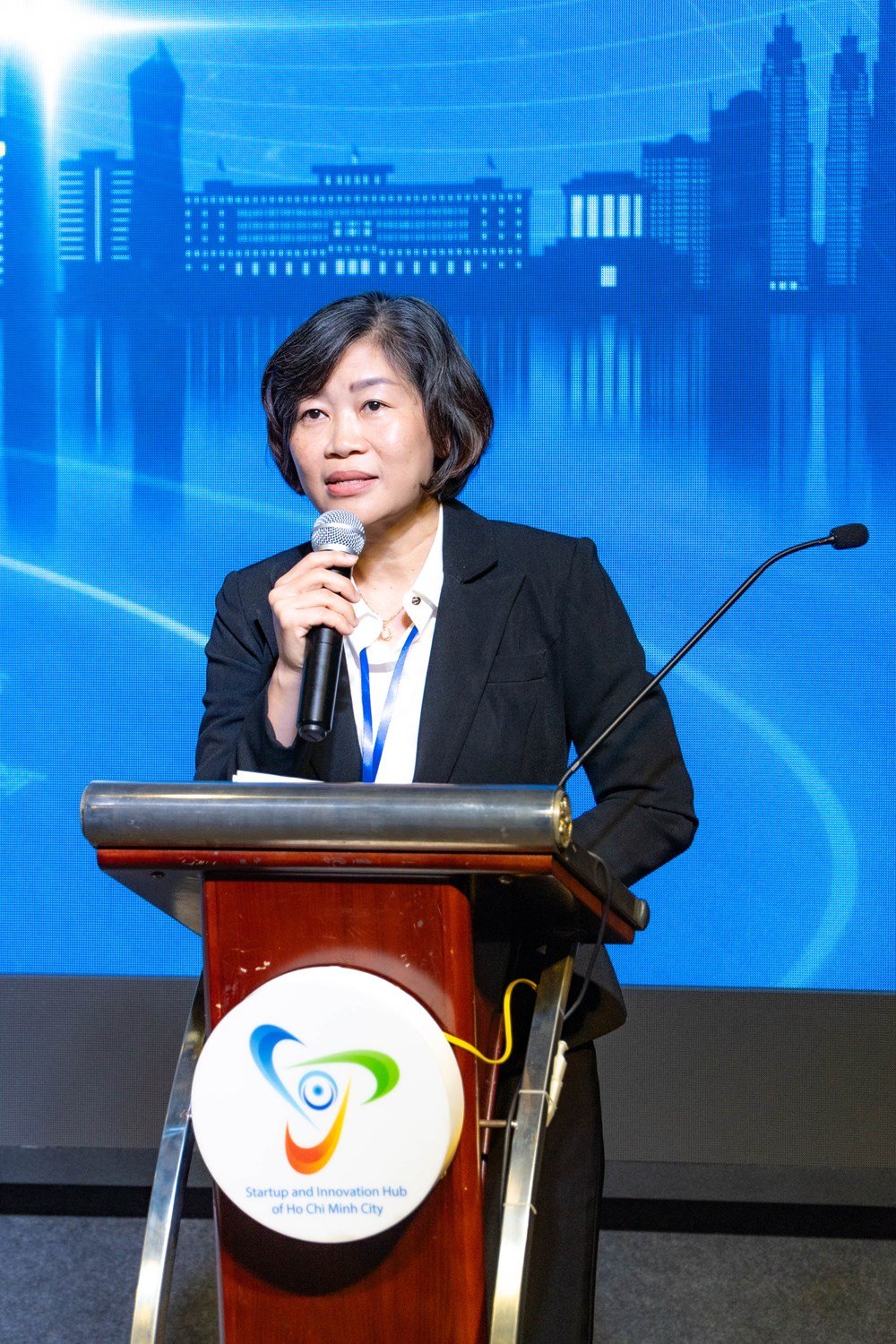
That spirit was most clearly expressed in the speech of Mr. Nguyen Tien Huy, Founder & CEO of Pencil Group. With specific examples, he explained how AI, AR, VR are re-inventing cultural storytelling: from restoring heritage to creating virtual experience spaces, from visual design to user interaction.
Technology does not dilute value but expands accessibility, helping Vietnamese cultural stories enter the global distribution ecosystem.
The practical applications presented range from 3D modeling of relics, bringing cultural spaces into the metaverse, to moving creative products to digital content platforms, showing that CultureTech has become a real economic sector, not just a supporting sector.
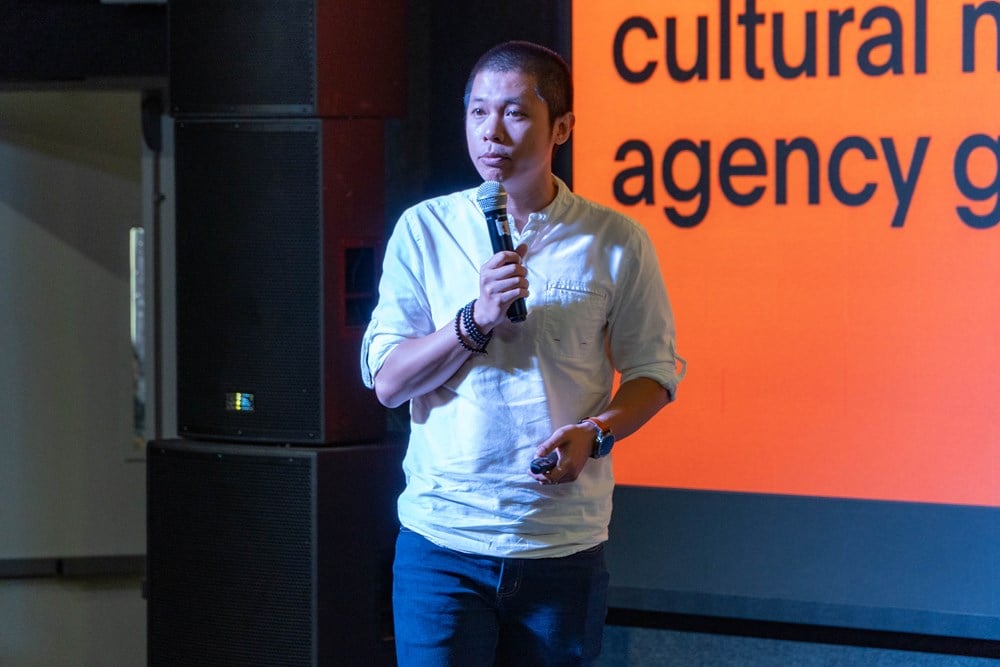
The presentation of MSc. Kieu Cong Thuoc, Chairman of the Board of Directors of VNFund, Vice Chairman of the Vietnam Association for Cultural Industry Development outlined the scale of the global creative economy worth 2.3 trillion USD (UNESCO 2023) and analyzed new approaches in the way countries invest in this field: Digitalization, experience economy, personalization model and the explosion of AI.
From an investor's perspective, Mr. Thuoc pointed out important criteria when evaluating cultural-technological startups: Ability to combine cultural identity with technological trends; Business model durability and scalability; Creativity and management capacity of the founding team; Level of technology application in products; Transparency in capital usage plans.
These are the standards of a modern creative economy, where culture is “value-engineered” using technology, data and copyright.
The presentation also pointed out the major challenges of CNVH start-ups: low initial investment capital, lack of modern technology, inflexible legal framework and strong competition from international investment funds (which currently hold 90% of the venture capital market share). This is a realistic view, helping creative businesses identify weaknesses to adjust their development strategies.
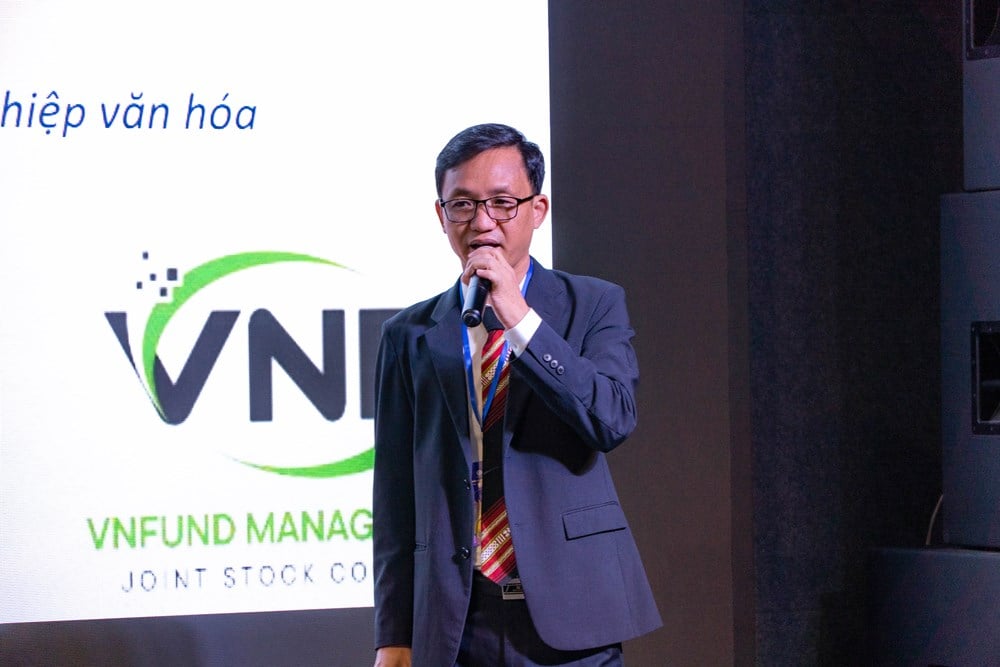
Ho Chi Minh City - Center for creative cultural startups with competitive advantages
Ho Chi Minh City is emerging as an important center of Vietnam's cultural industry, with more than 930 enterprises in the fields of entertainment - cinema - advertising - design, attracting more than 9,000 professional workers.
Notably, on October 31, Ho Chi Minh City was recognized by UNESCO as a Creative City of Cinema, the first title in Southeast Asia. This not only creates international prestige but also opens the door to global cooperation for creative businesses in Vietnam.
The Ho Chi Minh City market also has its own advantages: Young people account for 60% of the population, abundant creative human resources; Fast-growing start-up ecosystem with incubation centers such as SIHUB, VISI; Tax incentives, land support, specialized investment funds for cultural industries; Multi-layered cultural identity, a foundation for creative products with the ability to globalize...
The "window of opportunity" has opened, the remaining problem is to improve business capacity to enter the big game.
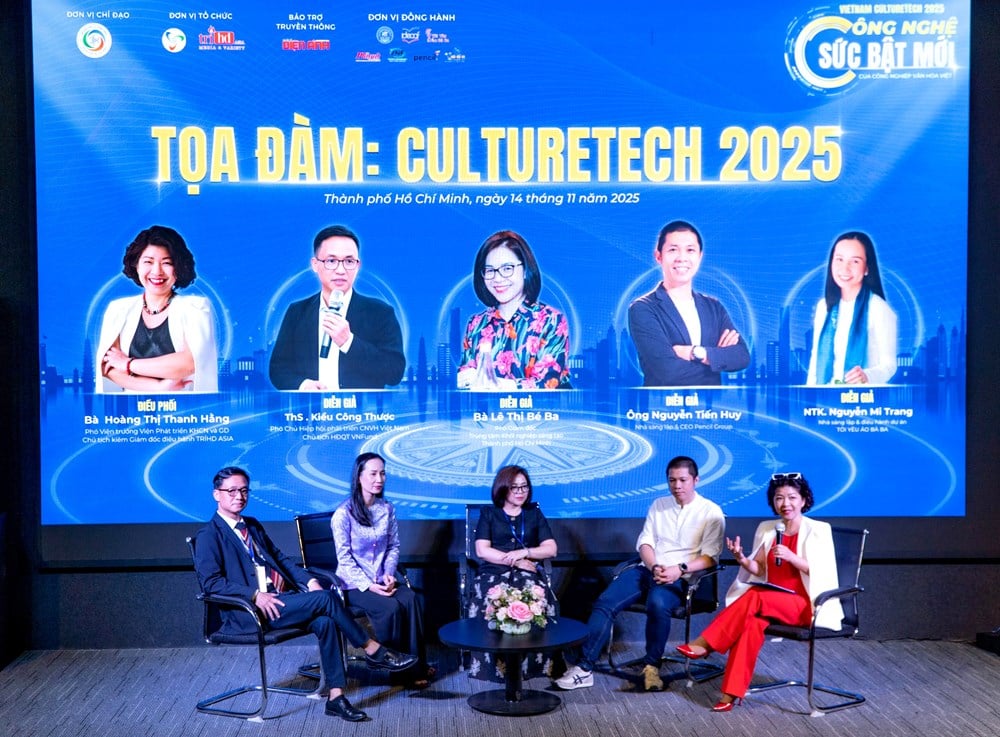
CultureTech creates value on the spot
The panel discussion at the workshop was truly a vivid picture of the cultural and heritage ecosystem. Representatives of associations, creative centers, heritage custodians, technology companies and investors discussed the transformation of cultural resources into intellectual property (IP) with economic value.
An interesting highlight is the project “I love Ao Ba Ba” by designer Nguyen Mi Trang, a model that demonstrates the effectiveness of the combination of technology, identity, media and investors.
Right at the event, the project connected resources from funds and technology startups, showing that CultureTech does not stop at theory but can create "real deals" in real time.
From the presentations and discussions at the workshop, it is possible to draw out key directions for the Vietnamese cultural industry ecosystem. Among them, forming a venture capital fund specialized in cultural industry. This is a fundamental solution to solve the biggest bottleneck of creative start-ups: capital.
Create a Creative Sandbox, allowing testing of new models, new services, new products without legal barriers.
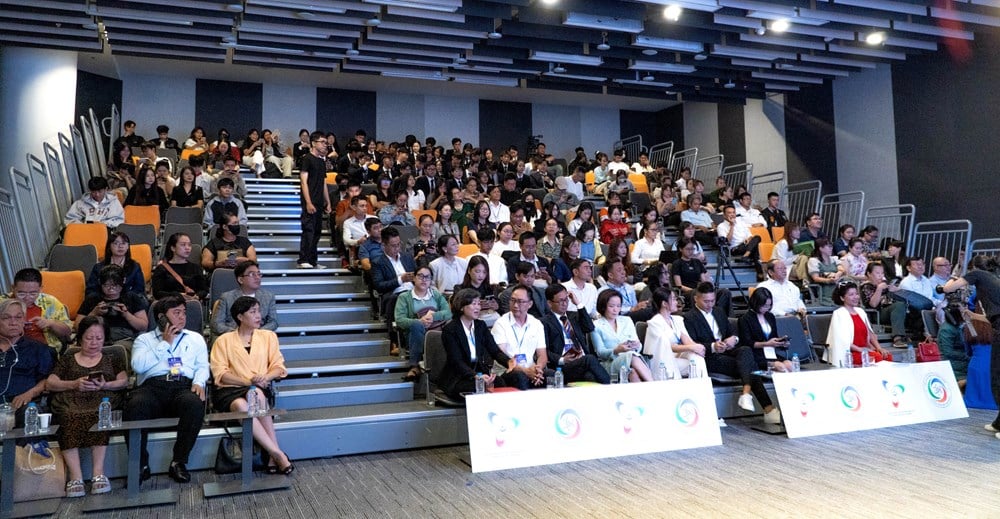
Connecting universities - studios - investors to form a complete creative chain must start from training - content production - commercialization.
Organize regular creative idea fairs to help creative supply meet market and investor demand.
Tax incentives for cultural industry start-ups and digital creative products. This is a step in line with the goal of making cultural industry contribute 4% of Vietnam's GDP by 2030.
Vietnam CultureTech 2025 shows that Vietnam's cultural industry is entering a more mature stage. Culture is not only preserved but also recreated into economic value by technology, innovation and modern business models.
More importantly, the conference delivered a clear message: If Vietnam's cultural industry is to create new momentum, technology must become the "core" rather than "support".
Source: https://baovanhoa.vn/van-hoa/khi-cong-nghe-tro-thanh-luc-day-cho-cong-nghiep-van-hoa-viet-nam-181728.html


![[Photo] General Secretary To Lam receives Vice President of Luxshare-ICT Group (China)](https://vphoto.vietnam.vn/thumb/1200x675/vietnam/resource/IMAGE/2025/11/15/1763211137119_a1-bnd-7809-8939-jpg.webp)
![[Photo] Prime Minister Pham Minh Chinh meets with representatives of outstanding teachers](https://vphoto.vietnam.vn/thumb/1200x675/vietnam/resource/IMAGE/2025/11/15/1763215934276_dsc-0578-jpg.webp)
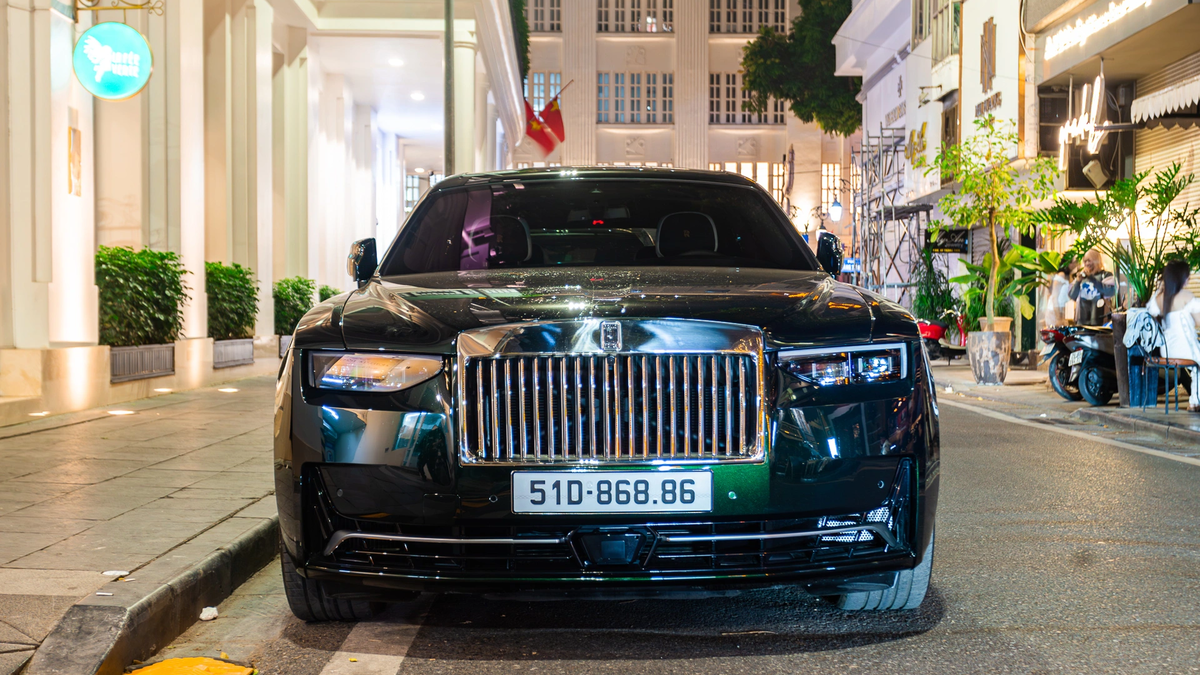





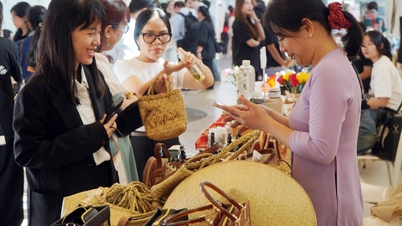






























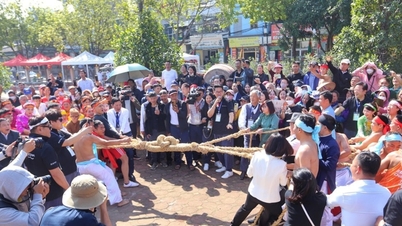









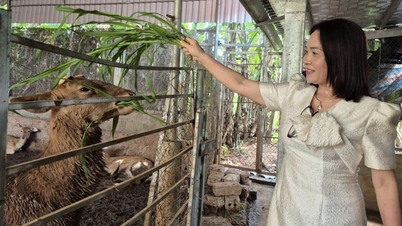


























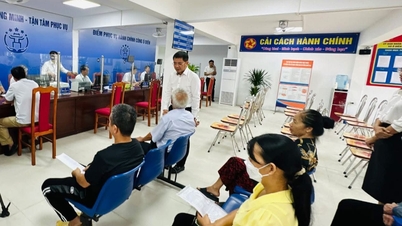
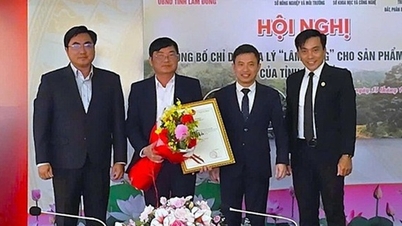



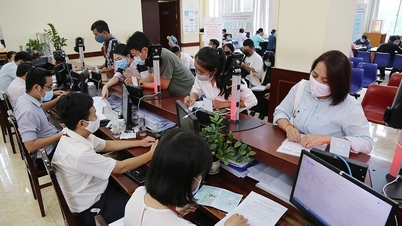






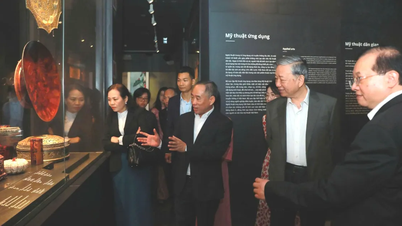

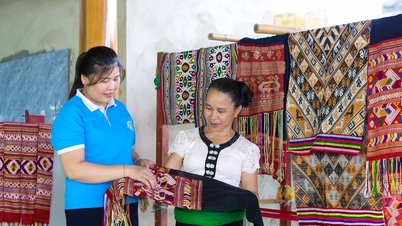











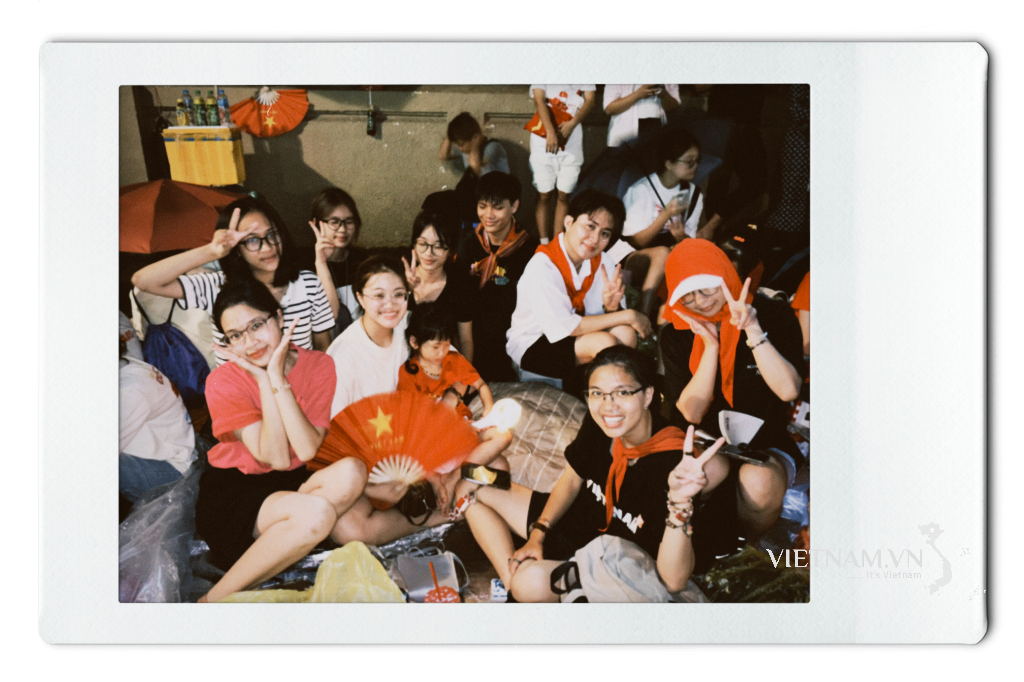



Comment (0)